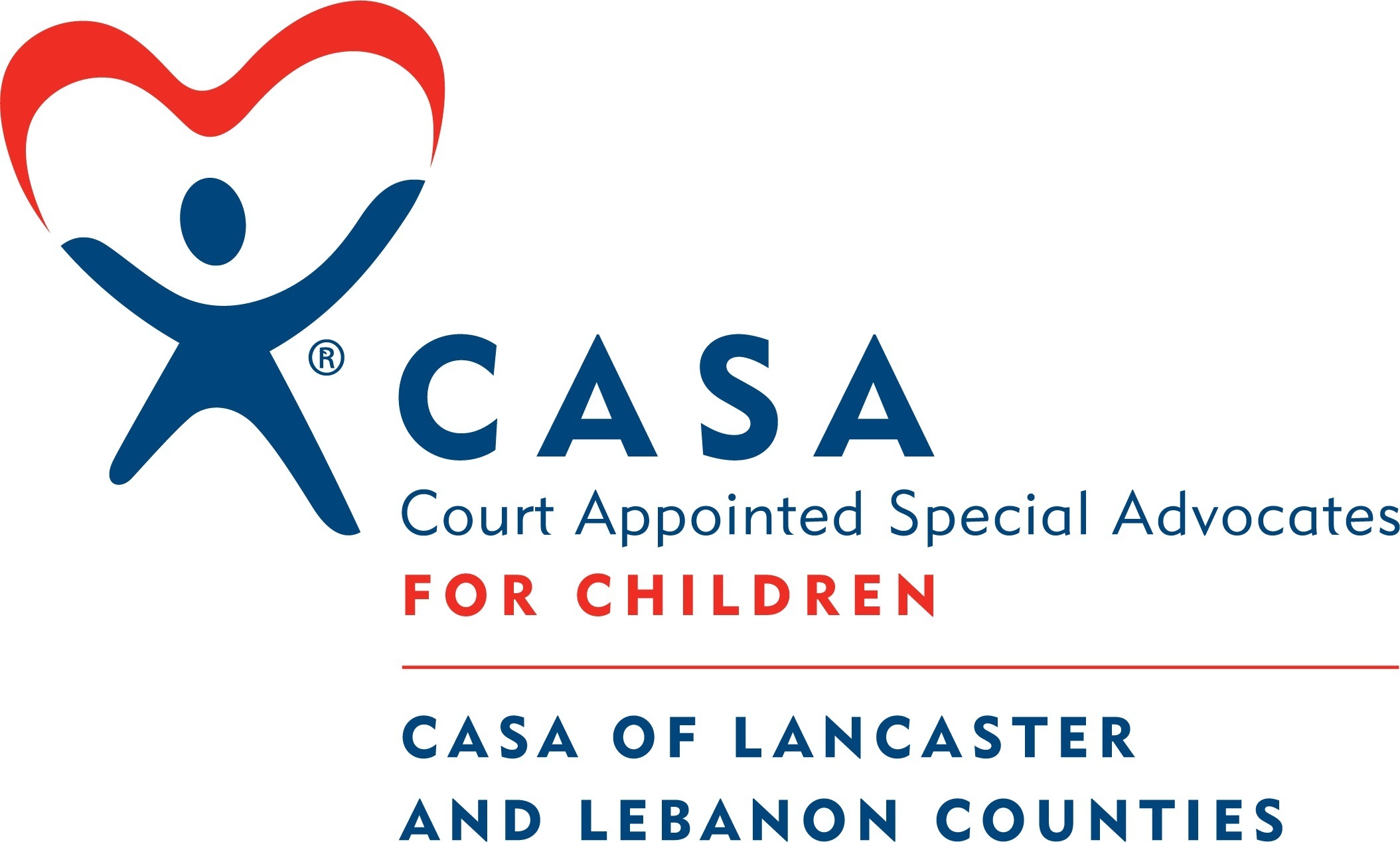Court Appointed Special Advocates (CASA) of Lancaster and Lebanon Counties needs your help in supporting our mission to provide a qualified and compassionate court-appointed volunteer advocate to every child who is abused and neglected, to ensure the fundamental human right of having a safe, nurturing, and permanent home is met.
Our CASA program belongs to a network of nearly 950 community-based programs that recruit, train, and support citizen volunteers to advocate for the best interests of children in the foster care system. Our advocacy enables judges to make the most well-informed decision for each child.
CASAs are community volunteers, just like you, who stand up and speak out to help abused and neglected children. Our CASA program belongs to a network of nearly 950 community-based programs that recruit, train, and support citizen volunteers to advocate for the best interests of children in the foster care system.
We are committed to strengthening our relationships and building partnerships with community members, organizations, and businesses who reflect the diverse identities and cultures of the children and families we serve. We believe bringing more voices to the table to influence our policies and practices will help us provide better advocacy and arrive at better outcomes for our youth.
Currently, CASA of Lancaster and Lebanon Counties is advocating for 169 children. Of these 169 children, 21 are Black, and 27 are Hispanic. We have 109 active and assigned advocates, with only three CASAs identifying as not White.
Jessica Laspino, Executive Director at CASA of Lancaster and Lebanon Counties says, “it’s apparent that children respond better to those that look, sound and have similar backgrounds to them. Our goal is to match each child assigned to our program with a CASA that has similarities to them. There is a shortage of male volunteers and minority volunteers, which makes it difficult to serve these children effectively. Understanding how children feel about their heritage, ethnicity and being able to communicate and relate to their situations can make the difference between the child feeling alone or appreciated and self-assured. We want every child to feel seen and be heard.”
If you’re interested in learning more, please reach out to Sophia Wanner, Senior Training Manager or consider joining one of our upcoming information sessions which can be found at https://www.casalancleb.org/news-events/event-calendar.html. Please be aware that not all of these sessions are at the same location in Lancaster or Lebanon counties; location details can be found after clicking on the scheduled date.


